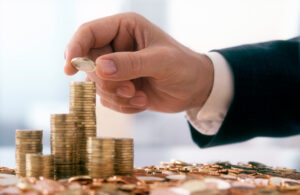
Insurance Company “Railway Shares” (Poltava) has increased its authorized capital from UAH 21.3 million to UAH 32 million by holding an additional issue of UAH 10.7 million, according to the insurer’s information published in the information disclosure system of the National Securities and Stock Market Commission.
As reported, 214 thousand shares with a par value of UAH 50 per share were issued during the issue.
As reported, Victoria Matkovska, who owns 94.82% of the insurer’s shares, announced on December 18, 2023, a public irrevocable offer for all shareholders of the company to purchase their shares.
With a par value of UAH 50, the purchase price is UAH 100.45, which corresponds to the market value.
As reported, the National Bank of Ukraine has approved Victoria Matkovskaya’s direct ownership of 94.82% of shares in the insurance company Railways. Later, on December 11, 2023, it confirmed that the company’s ownership structure met the transparency requirements.
Railway Shares Insurance Company was registered in 1994 and specializes in providing risk insurance services.
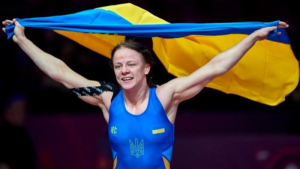
Ukraine’s Iryna Kolyadenko has won a silver medal in the 62kg freestyle wrestling final at the 2024 Olympic Games in Paris.
Kolyadenko competed against Sakura Motoki, representing Japan, and lost to her with a score of 1:12.
Irina Kolyadenko is the silver medalist of the Olympic Games 2024, bronze medalist of the Olympic Games 2020, silver medalist of the World Championships, three-time European Champion, Champion of Ukraine.
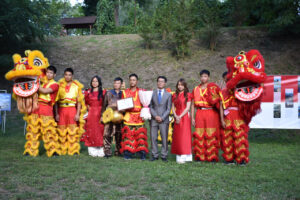
A solemn ceremony to mark ASEAN Day, which brought together diplomatic missions of Southeast Asian countries, Ukrainian officials and guests, took place in the Indonesian Park at the Hryshko National Botanical Garden in Kyiv.
“ASEAN started as an organization of five countries and gradually expanded its ranks to include Vietnam, Laos and Cambodia. Today, thanks to our unity, we continue to promote peace and stability in the region. The value of good relations with neighbors has been known since ancient times… Although ASEAN has not yet reached the level of cohesion as the European Union, we believe that our association is the best form of unification to address regional challenges,” said Nguyen Hong Thac, Ambassador of Vietnam to Ukraine.
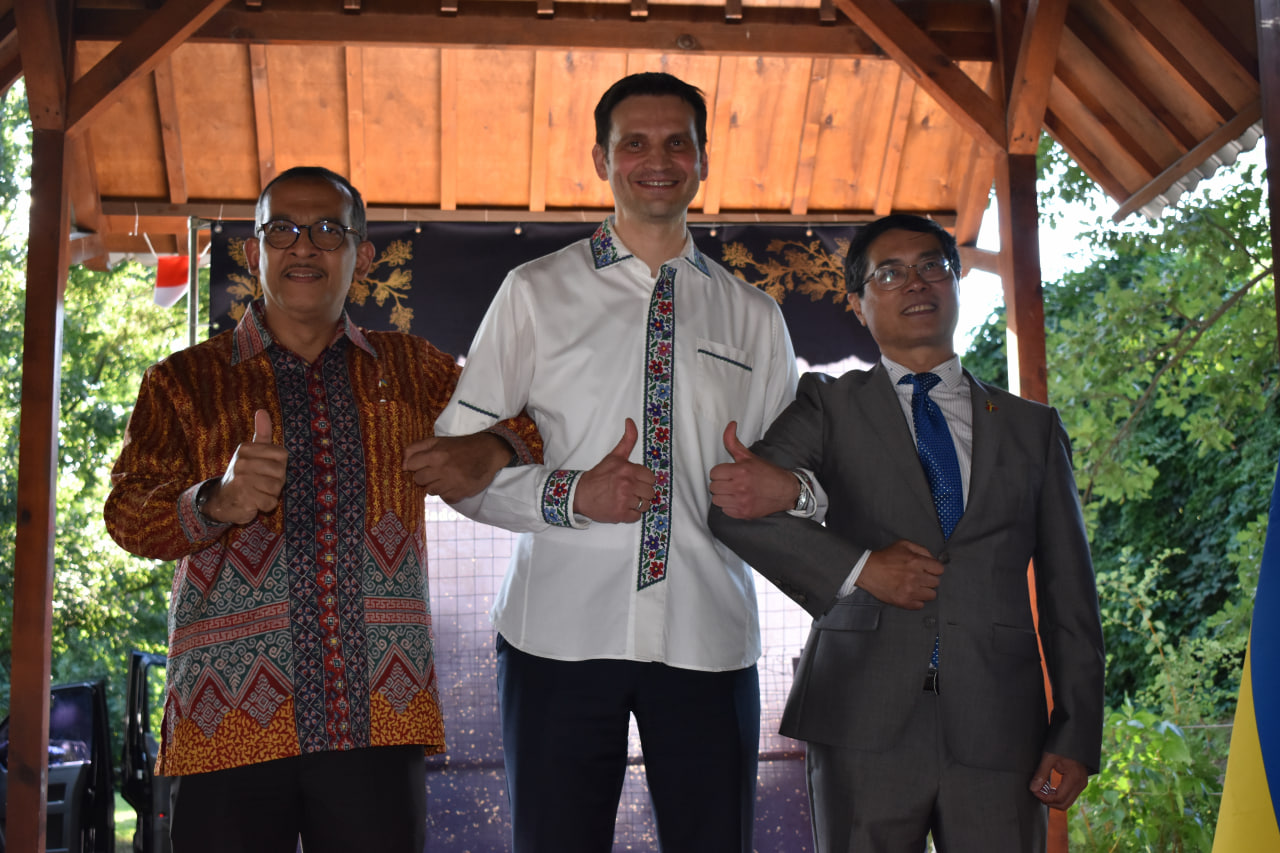
In his turn, Ambassador of Indonesia to Ukraine Arif Muhammad Basalama noted that ASEAN has made significant progress in promoting economic growth, cultural exchange and political stability over 57 years. “Our unity allows us to overcome challenges and seize opportunities to improve the lives of our peoples. In the spirit of ‘One Vision, One Identity, One Community’, we look forward to deepening our partnership with Ukraine,” the diplomat added.
The Association of Southeast Asian Nations (ASEAN) was founded on August 8, 1967, in Bangkok by the five founding members: Indonesia, Malaysia, the Philippines, Singapore and Thailand. The main goal of the organization is to promote economic growth, cultural exchange, political stability and regional cooperation.
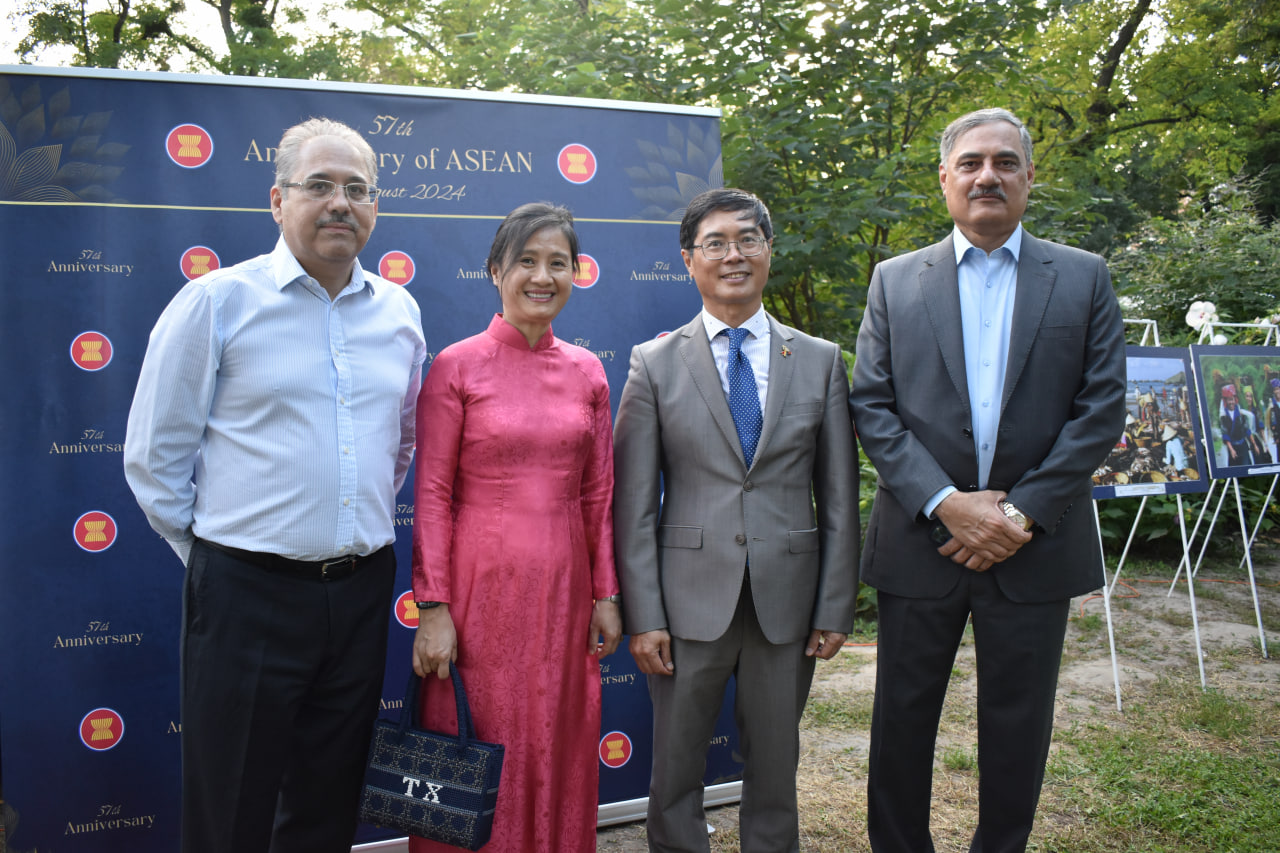
Today, ASEAN has ten member states, including Brunei, Cambodia, Laos, Myanmar, Thailand, and Vietnam. Through cooperation and integration, the organization continues to develop, advocating for peace and stability in the region.
Arif Muhammad Basalama, ASEAN, ASIA, INDONESIA, Nguyen Hong Thac, VIETNAM
Geographical structure of Ukraine’s foreign trade (exports) in Jan-May 2024, mln USD

Source: Open4Business.com.ua

The sown areas in the season-2024 remained at the level of the previous year, but there is a redistribution of crops: the area under grains decreased by 6% and increased under oilseeds – sunflower by 2%, soybeans by 11%, according to the international research agricultural company Corteva Agriscience in Ukraine.
The reduction in the area under grain crops is due to lower prices for finished products and, accordingly, low profitability of cultivation, said Oleksandra Belash, head of the company’s marketing department, at a meeting of the Media Club in Kyiv on Wednesday. On the contrary, the area under oilseeds has increased due to the rise in prices for finished products.
Corteva Agriscience, in particular, predicts an expansion of winter rapeseed areas for the 2025 harvest.
In 2024-2025, Corteva’s corn seed range will include 44 hybrids in all maturity groups, and sunflower – 31 hybrids for different growing technologies.
The company also announced the launch of new crop protection products and the expansion of its biological portfolio to help customers increase their farming efficiency.